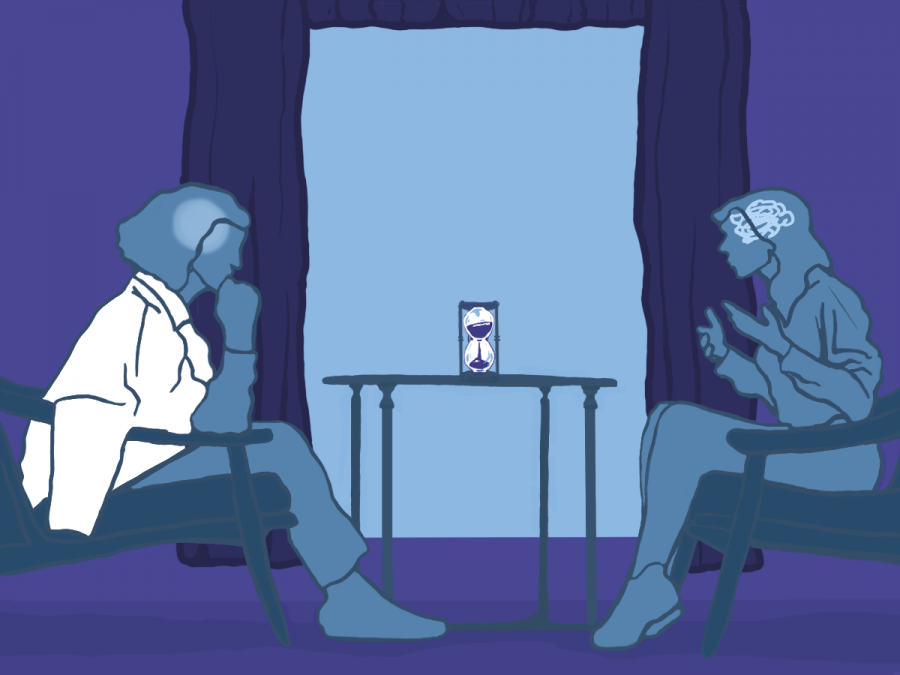New UT study shows group intervention reduces intimate partner violence
March 29, 2023
CW: Discussion of domestic violence and intimate partner violence
Group intervention programs for those affected by intimate partner violence showed reduced relationship violence overall, according to a Dell Medical School study published on March 14.
Study author Suzannah Creech said researchers studied 1,754 patient records from the Department of Veteran Affairs healthcare facilities across the United States to analyze the efficacy of their 12-week Strength at Home program. The program was associated with a 17% decrease in the use of physical aggression in relationships, a 23% decrease in psychological intimate partner violence and an 18% decrease in coercive control behaviors.
“We significantly reduce physical violence, and we also reduce psychological abuse and more coercive and controlling behaviors,” Strength at Home director Casey Taft said
In the Strength at Home program, patients who previously committed intimate partner violence and who experienced intimate partner violence attend group sessions typically led by a social worker and later have a follow-up session to determine whether they should be placed in another program, Creech said.
Health and mental health care workers consider the ways that trauma influences how a patient might perceive their healthcare and the environment that it’s provided in to provide optimal care, Creech said.
“(People) feel a deep shame that prevents them from talking about it and prevents them from getting help,” Creech said. “That’s why we worked so hard to create an environment where we can say to someone, ‘Any use of violence in a relationship is not okay. At the same time, let’s talk about how you got there, and let’s learn some new skills so that you can stop being aggressive.’”
Taft said their program is one of the largest that provides resources for those who use violence in their relationships.
“(Almost half of our patients) realize they have a need for working on their problems with abuse and violence,” Taft said. “Our program tries to use non-stigmatizing language so it is more appealing to those who are voluntarily wanting to participate.”
Through their analysis, Creech said part of the reason why the program was so effective is because it allows people to talk through their problems.
“What we found over time is that if you want somebody to talk about something really hard, like use of aggression and relationships, the environment has to be one where they can trust everyone in the room so that they can feel comfortable talking about what has happened,” Creech said.












